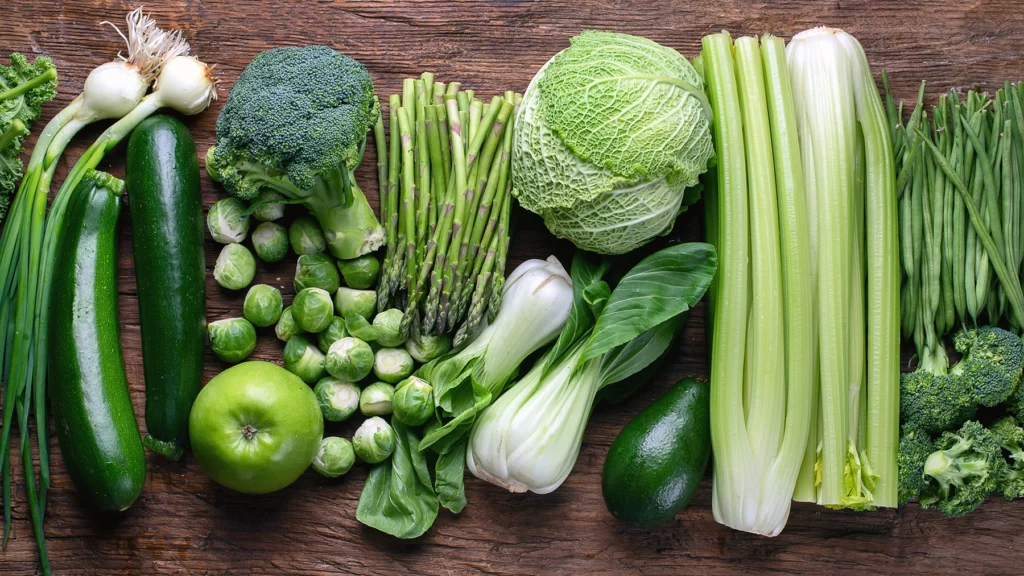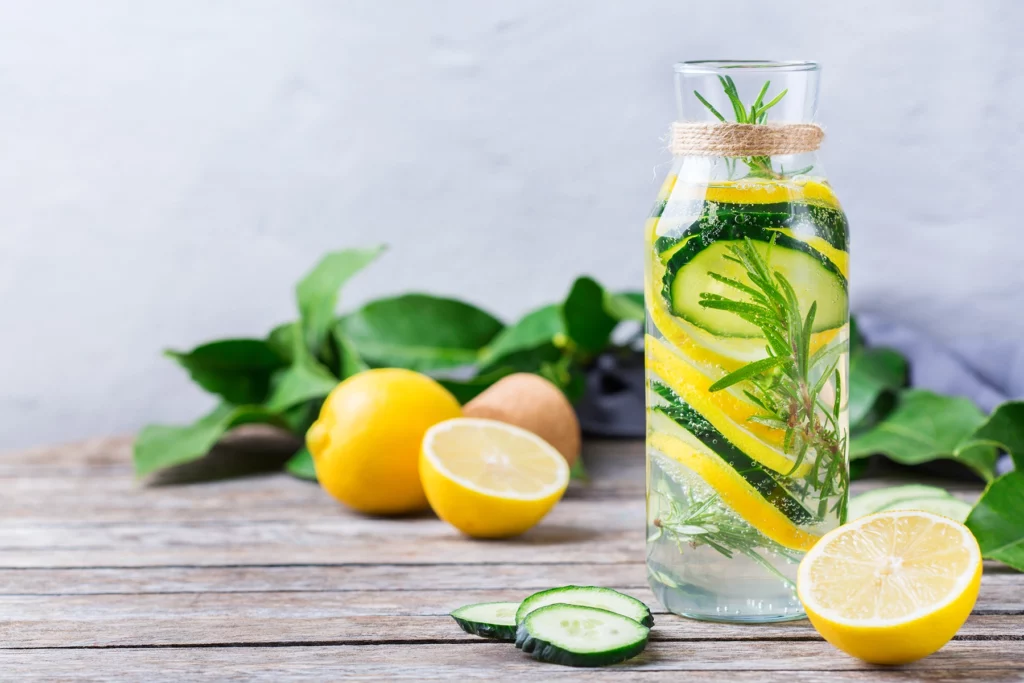The Harsh Facts about this Year’s Flu
The 2017/18 flu season is just beginning, but it is already making an impact. The last severe season we had was the 2014-15 season, when the flu hit epidemic rates. As of the end of December we were already very close. Widespread flu activity is present in 46 states. 26 states are experiencing high rates of flu, and Oregon is among them. Historically, once flu season begins we can expect to see high rates of flu activity for 13 weeks. This means we still have a long way to go.
Why this Strain is so Alarming
Part of the reason the flu is spreading so rapidly this year is because the flu vaccine was not hugely effective. This year’s dangerous H3N2 virus has historically been a very difficult strain for which to create a vaccine. This strain is also alarming because of the fact that people in the typically more robust age groups (adults younger than age 65) are ending up in the hospital alongside their older and younger counterparts. California has already seen 27 deaths in the under 65 age category when typically that number is at 3.
How to Avoid the Flu
I regularly hand out advice to patients at my downtown Portland acupuncture clinic about staying healthy during the winter. If you haven’t fallen to the H3N2 virus yet, here are 7 tips for avoiding the flu:
1. Consider wearing a mask (in certain circumstances).
This isn’t the coolest fashion accessory, but when you are condemned to small spaces with recirculated air for many hours (think airplanes, they may be the best safeguard you have against picking up the flu bug from a contagious person.

2. Wash your hands.
This sounds like a no-brainer, and you should already be well-versed in the benefits of hand washing. And yet. There must be a reason that every restaurant is required by law to post a regulation about hand washing. Obsessive hand washing and use of antibacterial soaps/gels/sprays are not needed (and may be harmful over time), but be at least a little more vigilant during the flu season. Avoid things like the shared tongs at the “Free Sample Station” at your favorite grocery store.
3. Clean up your diet.
Have you been living on a diet of fast food and simple carbs lately? It is admittedly redundant advice, but it never hurts to hear it again. Cook. Bake. Chop. By sticking to whole foods, you get the nutrients needed to keep your immune system working optimally. Sugar in particular attacks your immune system. 1 tsp of white sugar depresses your immune system for up to 5 hours. So noshing on candy or sweets throughout the day means that your immune systems is chronically depleted.
4. Don’t smoke.
Come on! You aren’t 20 anymore. The high levels of tar and chemicals in cigarettes are very good at suppressing your immune system. Smokers’ respiratory systems are compromised and this is the area the flu hits the hardest. With all the knowledge there is today about the dangers of smoking, even the coolness factor and the awkwardness that is averted by having something to do with your hands should not be compelling enough to keep you doing it.
5. Boost your immune system.
Stock up now on your favorite natural immune boosters — before you get sick. NOTE: check with your health care provider before self-prescribing. Some of the most written about options are:
Black Elderberry Tincture/Syrup: Research shows that this berry reduces the duration and intensity of the flu. It is most effective when taken at the first signs of illness. There is also a great deal of anecdotal evidence to support its daily use as a preventative measure. Black Elderberry is also one seen as safer than most other herbs or supplements, showing few negative effects in studies.

Vitamin C: When deficiencies are present, supplementing with Vitamin C has been shown to improve numerous immune system components. Stress and infection (such as the flu) can cause a “rapid decline” in the amount of Vitamin C in your cells, so supplementation may be beneficial. Vitamin C supplements are widely thought of as safe, and overconsumption will result in short-term diarrhea. Not pleasant, but less dangerous than the flu.
Vitamin D: Adequate levels of Vitamin D are necessary for innate immune function. Deficiency of this vitamin is a well-documented factor in autoimmune disorders. There is a compelling study that shows that supplementation of Vitamin D given to women in the last trimester of pregnancy and continued in the infants for the first 6 months of life “significantly reduced the number of acute respiratory infections after the intervention period, in children aged 6-18 months.” Larger studies are now in the works. Get your Vitamin D levels tested — especially ff you live in the notoriously Vitamin D deficient Pacific Northwest. It might prove to helpful for more than just flu season.

6. Sleep.
Make getting enough sleep a priority. Adequate sleep improves mental function and mood, and supports healthy weight management. But it also helps your immune system. Lack of sleep is proven to depress your immune system. This means that if exposed to the flu, you are more likely to get sick, and if you do get sick, you are more likely to have more severe and longer lasting symptoms.
7. Exercise.
Regular exercise leads to an overall healthier body, which in turn means a healthier immune system. It is also thought that because exercise improves circulation it may lead to improved immunity. Immune modulating chemicals that your body needs to stay healthy and to fight illness are better able to circulate freely and efficiently if your circulatory system is operating at high levels.
If you do get sick, please, please stay home. I realize that this is difficult — we all need income and we all have things to do. But if you live in Portland you legally get sick pay, and your infecting others could cost them a lot more than just a day or two of illness.
Stay tuned for the next article that will tell you how to get better as quickly as possible if you do get the flu.







